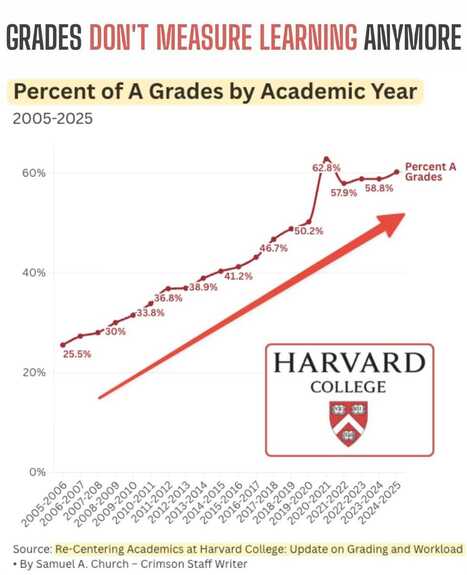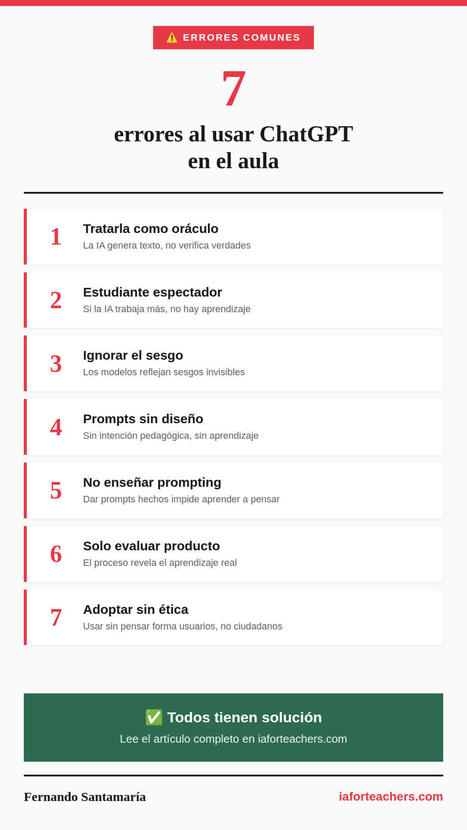Artificial intelligence (AI) is transforming the world and education is no exception. This is the third edition of our AI report, and much has changed since our 2022 edition, with the rapid advances in generative AI, sparked by the release of ChatGPT.
Whilst generative AI has gathered most of the attention, other AI tools and technologies continue to mature, and we are seeing more use of traditional AI, for example to provide personalized learning or to support marking whilst retaining the authentic voice of the teacher. This report takes a broad look at AI in learning and teaching, while our Generative AI Primer focuses specifically on generative AI such as ChatGPT and Google Bard.
Recent advances bring the promise of AI-powered personalized learning closer. This could support every learner to choose the right education for their career pathway, reach their highest potential and acquire the skills needed to thrive in a digital workplace. Data is often the critical foundation for this kind of change and AI projects are likely to build on existing innovations such as learning analytics.
This report has three aims: to summarize the types of AI applications that are available in education today, to provide insights into current and emerging use cases, and to provide guidance on ethical considerations.
The focus of the report is very much on AI to support learning and teaching, reflecting the main focus of Jisc’s national centre for AI in tertiary education over the last two years, but of course the impact of AI on education is much broader than that. We touch upon this and note other areas for further investigation.
AI is a fast-moving area: we see technology advancing, new use cases emerging, and work in areas such as ethics maturing. This third edition of the report therefore is updated with our latest case studies and information around generative AI, whilst still aiming to provide a general introduction to AI in education.
No comment yet.
Sign up to comment


![[PDF] AI in tertiary education | Edumorfosis.it | Scoop.it](https://img.scoop.it/rvmwuoCpj3X_PBGfAc00cDl72eJkfbmt4t8yenImKBVvK0kTmF0xjctABnaLJIm9)


 Your new post is loading...
Your new post is loading...
























![[Poll] In a dramatic shift, Americans no longer see 4-year college degrees as worth the cost | Edumorfosis.it | Scoop.it](https://img.scoop.it/36YwdfjYNVE7kfUpWCIS2jl72eJkfbmt4t8yenImKBVvK0kTmF0xjctABnaLJIm9)



![[DOCS] NCDPI Generative AI Implementation Recommendations and Considerations for PK-13 Public Schools | Edumorfosis.it | Scoop.it](https://img.scoop.it/J7QOhJu_1by0w3CFkECcDTl72eJkfbmt4t8yenImKBVvK0kTmF0xjctABnaLJIm9)




